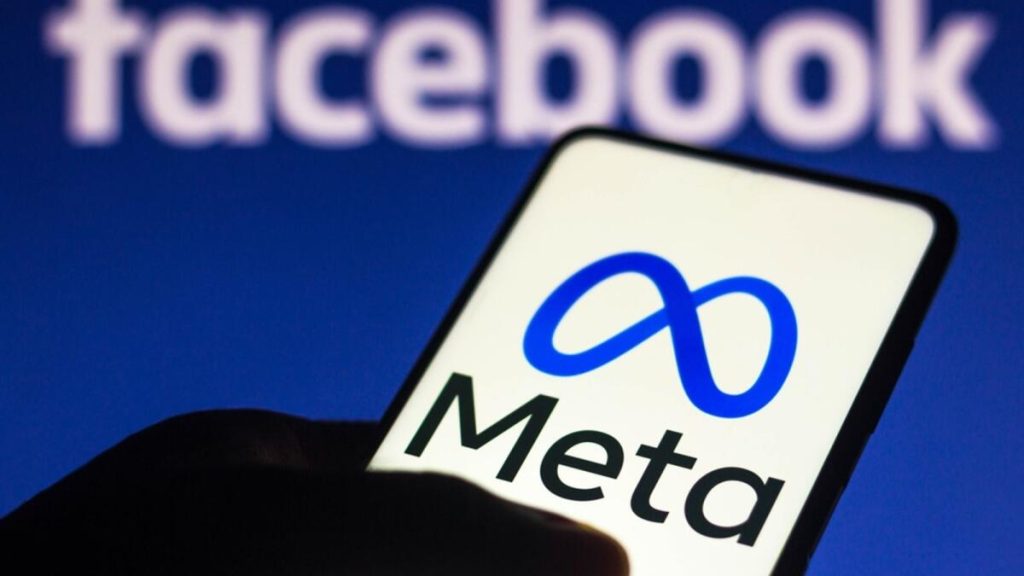Facebook owner bans Russian state media networks
3 min read

Meta, the parent company of Facebook, Instagram, WhatsApp, and Threads, has announced a global ban on several Russian state media networks, including Rossiya Segodnya and RT. The decision comes in response to allegations that these networks have engaged in deceptive practices to influence public opinion and evade detection on Meta’s platforms.
Meta stated that after thorough review, it decided to extend its enforcement actions against Russian state media. The company accused these entities of conducting foreign interference activities, leading to their removal from all of its apps. This move represents a significant escalation in Meta’s approach to dealing with Russian state-controlled media.
RT newsreader Eunan O’Neill, responding to the ban, denied the allegations, asserting that RT and Russia as a whole reject the recent accusations directed at them. The bans are expected to be implemented within the coming days.
The Russian embassy in Washington and the owner of Sputnik news agency, Rossiya Segodnya, did not provide immediate comments regarding the ban.
Russian state media outlets have faced heightened scrutiny due to concerns over their influence on politics in Western nations. Meta’s decision to ban these outlets is part of a broader trend of social media platforms taking a firmer stance against Russian state media. Two years ago, Meta had already implemented limited measures to curb the spread of content from these outlets, including prohibiting them from running ads and reducing their content reach.
The conflict in Ukraine has intensified scrutiny of Russian media, prompting Meta and other social media platforms to comply with requests from the EU, UK, and Ukraine to block certain Russian state media from their platforms in these regions.
Recent developments have further fueled the controversy. Earlier this month, the US accused RT of engaging in covert operations to influence American audiences. The US Department of Justice indicted RT for allegedly paying a Tennessee-based firm $10 million to create and distribute content that concealed Russian government messaging. This content, often promoting right-wing views on topics such as immigration, gender, and economic policies, was reportedly edited and directed by RT employees.
In response to these allegations, US Secretary of State Antony Blinken announced new sanctions against RT, labeling it a “de facto arm of Russia’s intelligence apparatus.” Blinken asserted that RT is part of a network of Russian-backed media outlets designed to undermine democracy in the United States. He also claimed that RT has embedded within its operations a unit with cyber capabilities linked to Russian intelligence.
RT livestreamed Blinken’s remarks on X (formerly Twitter) and dismissed them as the “US’s latest conspiracy theory,” continuing its defiance against the accusations.
Meta’s move to ban Russian state media marks a notable shift in its policies and highlights the growing global concern over the role of state-controlled media in shaping public discourse and influencing political outcomes. As the situation develops, the impact of these bans on the broader media landscape and international relations will likely become clearer.